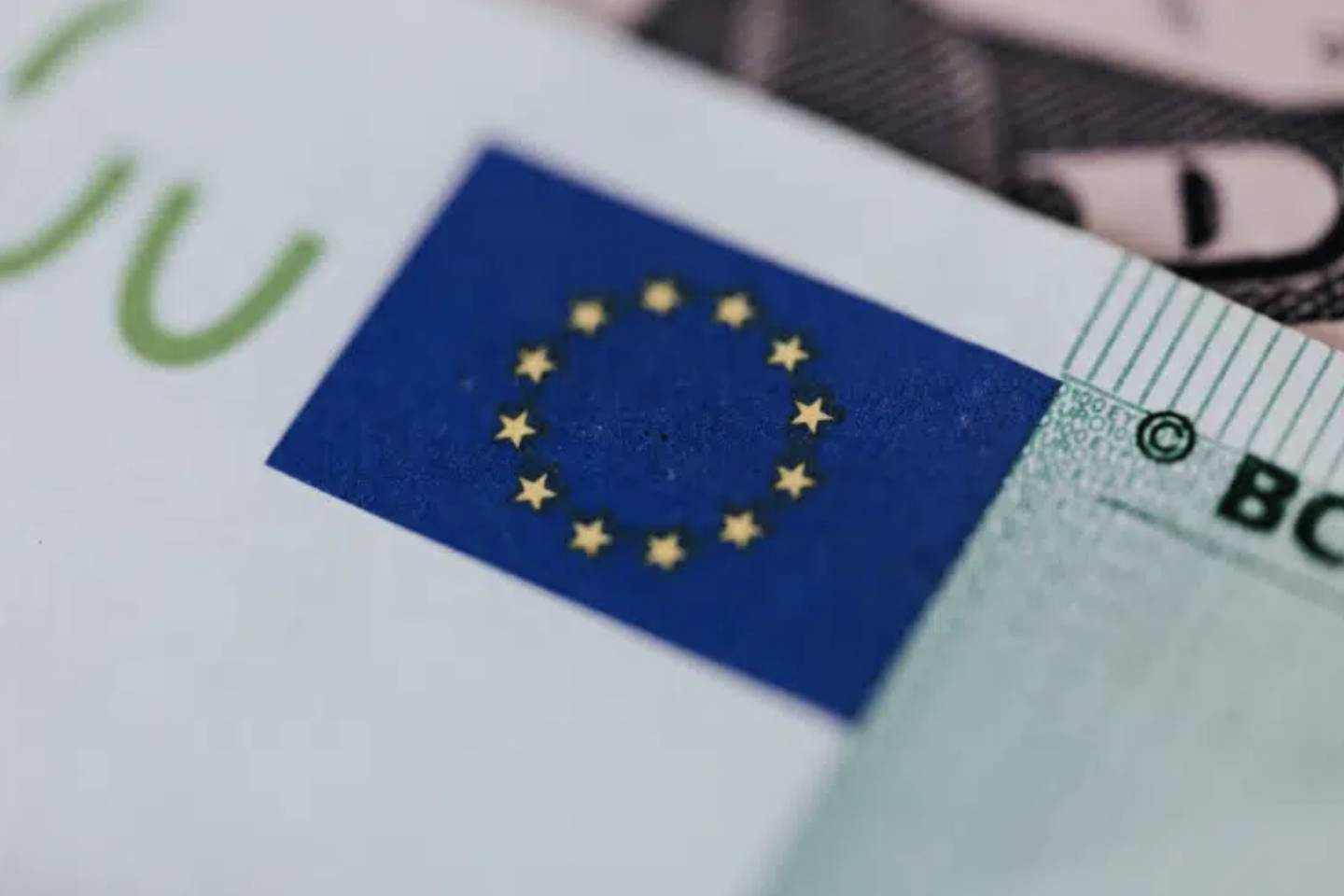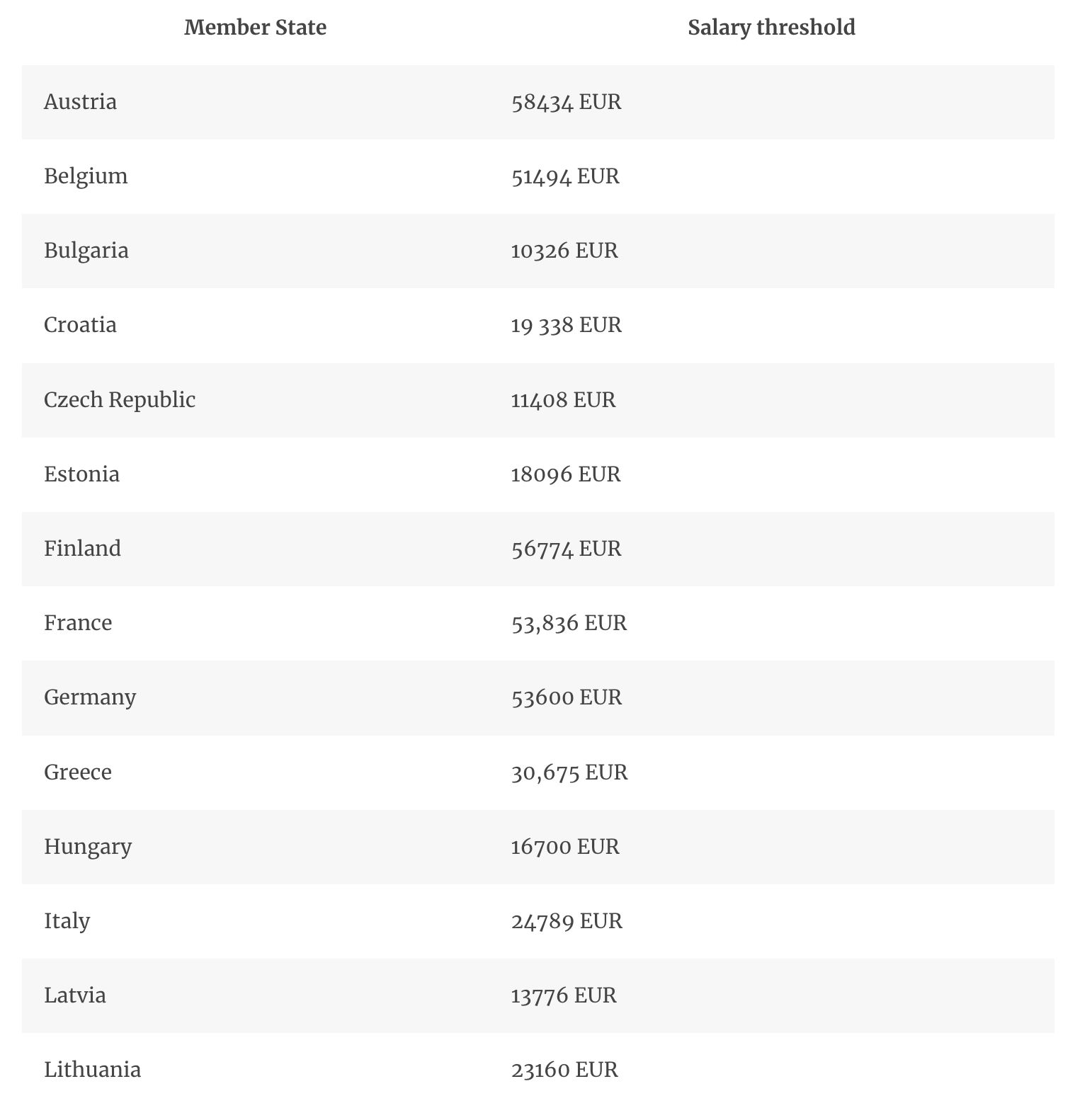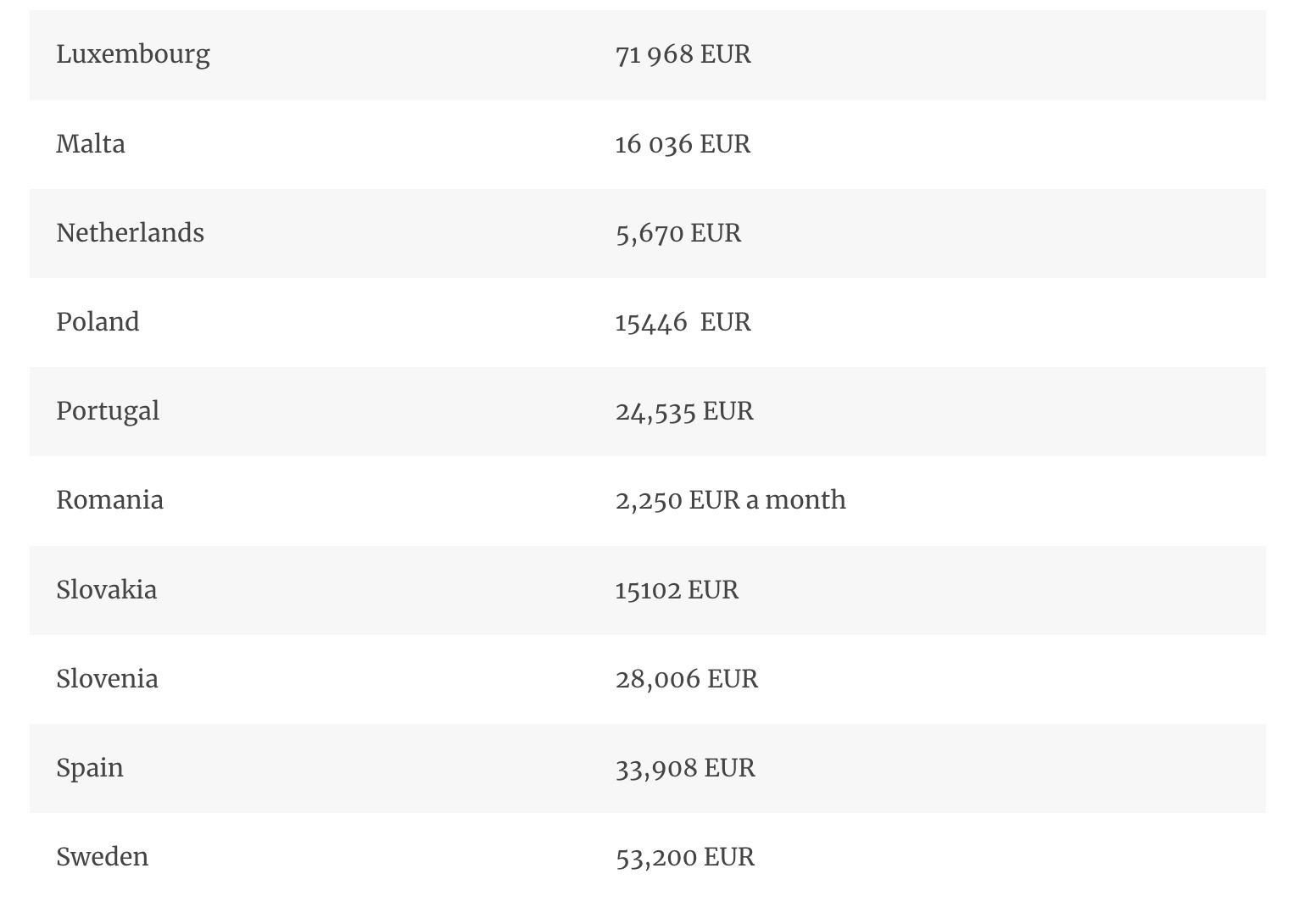
EU Blue Card
Qualifying for the EU Blue Card is an opportunity that should not pass you by as a professional. This is what you need to know to apply.
The idea of moving and settling in any country in the European Union is quite enticing for many people. It is also worth mentioning also that EU countries also reckon that giving residence to highly skilled professionals gives them a competitive edge altogether. For this reason, the EU blue card program was born. This program is designed to encourage professionals in certain fields to consider working and also living in any EU country of their choice.
So if your dream has always been to live your professional life in the EU, then this article is for you.
This post is going to shed light on the intricacies that go into the application process for the EU blue card.
You will also get to understand what you stand to benefit from this program and therefore make informed decisions on whether it is for you or not. Stick around to learn more!
What is the EU blue card?
The EU blue card is at its core a residence and work permit exclusive for non-EEA/EU nationals.
Holders of this card have the right to not only live and work in an EU country of their choice but also acquire EU citizenship status eventually.
However, the EU blue card is only granted to individuals who have demonstrated proficiency in sought-after skills.
In essence, the EU blue card program rewards qualified professional individuals on merit. The EU blue cardholders are entitled to equal treatment and rights as citizens of the particular country that granted the card.
What is the main benefit of getting the EU blue card?
This card grants you the ability to work and live in the member state that has given you access.
But that’s not all, you are also entitled to free movement within the Schengen area without necessarily having a visa. Remember, these benefits also extend to your family as well.
Also as an EU blue cardholder, you are also entitled to additional socio-economic privileges in that particular country, for instance, unemployment benefits.
The Blue card also gives you prospects of becoming a permanent resident of the EU and also enjoy other social benefits that are available in the said country, for instance, healthcare and education programs.
Who can obtain the EU blue card?
While you might be a non-EU professional in a highly skilled field, this doesn’t mean that you need to apply for the EU blue card immediately.
In fact, it is important to realize that not everyone needs to apply for this program. Apart from EU citizens, the other countries that don’t need the EU blue card to work and live in the EU include:
New Zealand
USA
Japan
Canada
Israel
South Korea
9 outermost regions of the EU that are not officially recognized as part of the EU
25 OCT territories that depend on 6 EU counties.
Apart from the aforementioned countries, any national from any other country will first need to meet certain eligibility requirements beforehand.
Here are the conditions for the application for the EU Blue Card:
A minimum of 5 years of experience in your field of work.
You must be holding a work contract or a have a job offer for top-level employment within the last year.
You must meet the minimum salary requirement for the particular EU country you intend to move to.
You should have a Master’s degree or any equivalent in your field or work.
Should be able to show proof that you have met all national legal requirements for regulated professionals.
It is also important to emphasize that in the event that you lose your employment in the first three years, you are required to secure another employment within 3 months. Failure to secure a job within this time frame will mean you have to go back home.
The minimum salary you need to apply for the EU Blue Card
One of the qualifications for being eligible for the EU Blue Card is meeting the minimum threshold of the member state giving you the access.
While this is true, it is also necessary to mention that every individual country in the EU has a different threshold when it comes to the minimum salary requirement.
Let’s have a look at the breakdown.


Once you are confident you have met all the necessary criteria, then it is time to make your application.
The process
The application process is not the same for every EU member state. While other countries will allow you to make an application on your own, some member state nations require your employer to make the application on your behalf.
Also, it is quite common for the applicant to set an appointment right from their home consulate offices or embassies.
How to apply for an EU Blue Card
Only a few countries allow online applications for the EU Blue card. You should also be aware, that only a select number of qualified professionals can get the EU Blue Card access. It is up to the member state nation to decide how many professionals can receive EU Blue Card at a given time period.
List of documents
You will need to present the following documents that show proof of your qualifications and identity. Via Visa guide
A passport: You are required to present a valid passport with at least 15 months beyond the plan to leave for the EU. It should be in good condition with at least 2 blank pages for the visa.
A duly filled application form: Present a duly filled application form either by yourself or by your employer. Produce two copies making sure you sign each one at the end.
Previous passports: Attach any old passports that you have in your possession.
Attach copies of the important pages in your present passport: You will need to produce copies of the first few pages on your passport with all your details and visa stamp.
Two valid photos of yourself in regulation to the ICAO standards. The photos should have been taken in the last 90 days, and have a plain white background.
Proof of professional qualification: You will need to produce the necessary University diploma qualification document or an equivalent of the same. What’s more, you will also need to show proof of having actively worked in the profession for at least 5 years.
Work contract for an employer in the EU: The work contract should be duly filled by both parties with clear stipulations of the prerequisite minimum wage.
Up to date Curriculum Vitae
Proof of an acceptable health insurance
Proof that you have paid the application fee.
Show that your salary is more than the bare minimum from the host country by at least 1.2 or 1.5 times.
Show proof that you are no threat to the health, security, or public policy in the host country.
Written declaration by your employer in the EU member state: Your employer is your sponsor, therefore, the company will need to declare the reasons for your employment and demonstrate that you meet all the necessary conditions for employment.
The cost and time
The application for the EU Blue Card attracts an application fee of 140 € that should be paid beforehand and proof submitted during the application process.
The EU validity period is up to 4 years, after which you can renew the card after securing another employment or extending the terms of your contract. The renewal fee is 100 €.
For most member states, you should get feedback after 90 days of your application.
What happens if the EU Blue Card application is denied?
The only reason for a rejection of your application is often not meeting some eligibility requirements.
However, if the application is rejected and you are not happy with the decision, you have the option of filing an appeal within three weeks of getting the feedback. It is up to the host nation to determine the date and court where the hearing will happen. Remember, failure to file for the appeal within the three weeks of getting the decision will mean that you accept the rejection.
How can I prove my qualifications?
The first step begins by identifying an EU member state that has a shortage of a certain professional skill.
This allows you to comfortably bridge this professional gap and increase the chance of you being successful in your application.
However, having said that you should also realize that meeting all the qualifications gives you a competitive advantage.
You should only consider applying for the EU blue card if you fulfil all application criteria.
Article by Viv Europe - Official Legal and Relocation Partner to KipperTree.
Read the full article here
